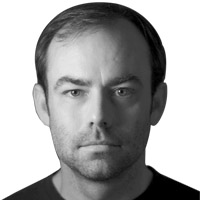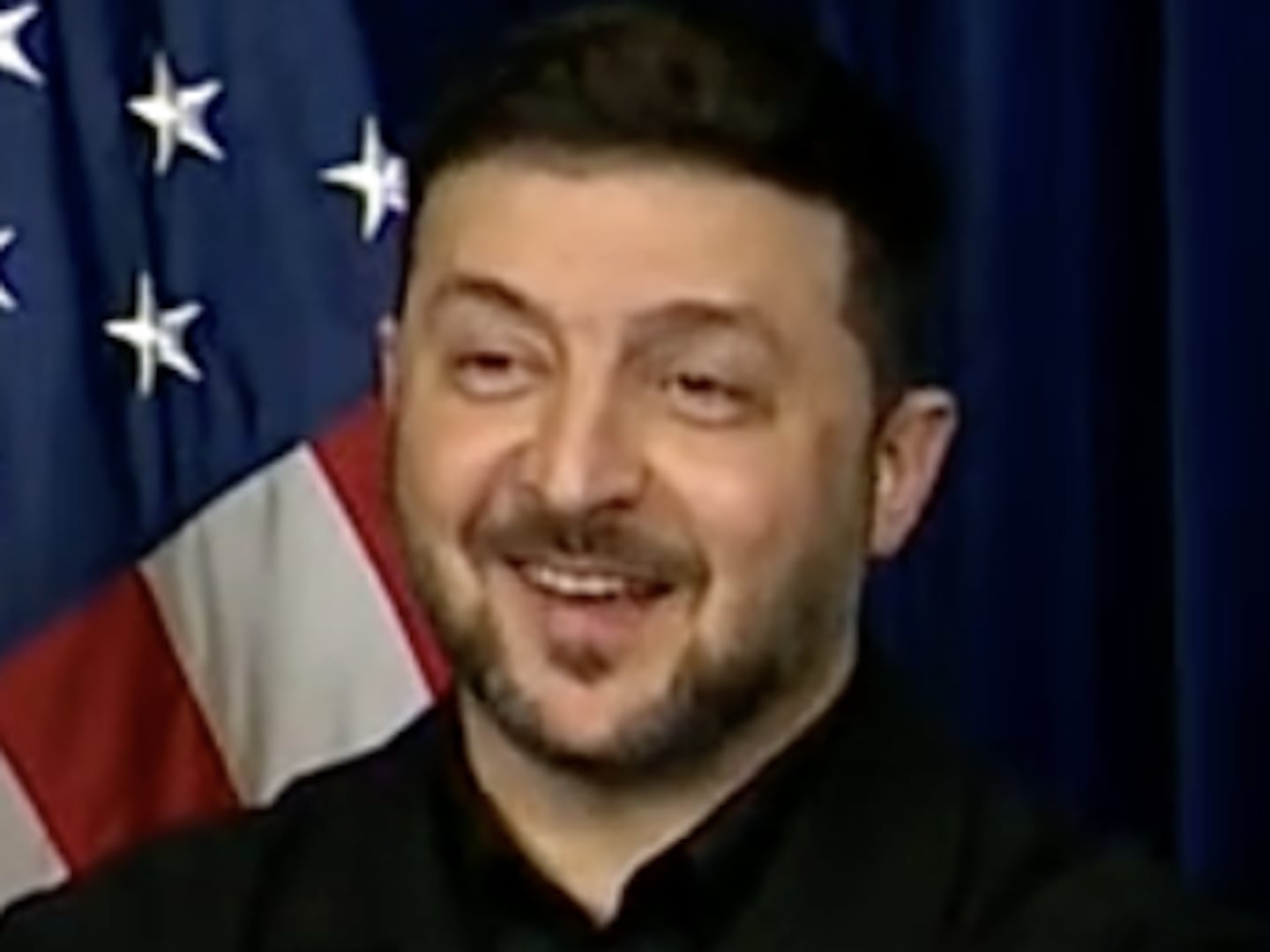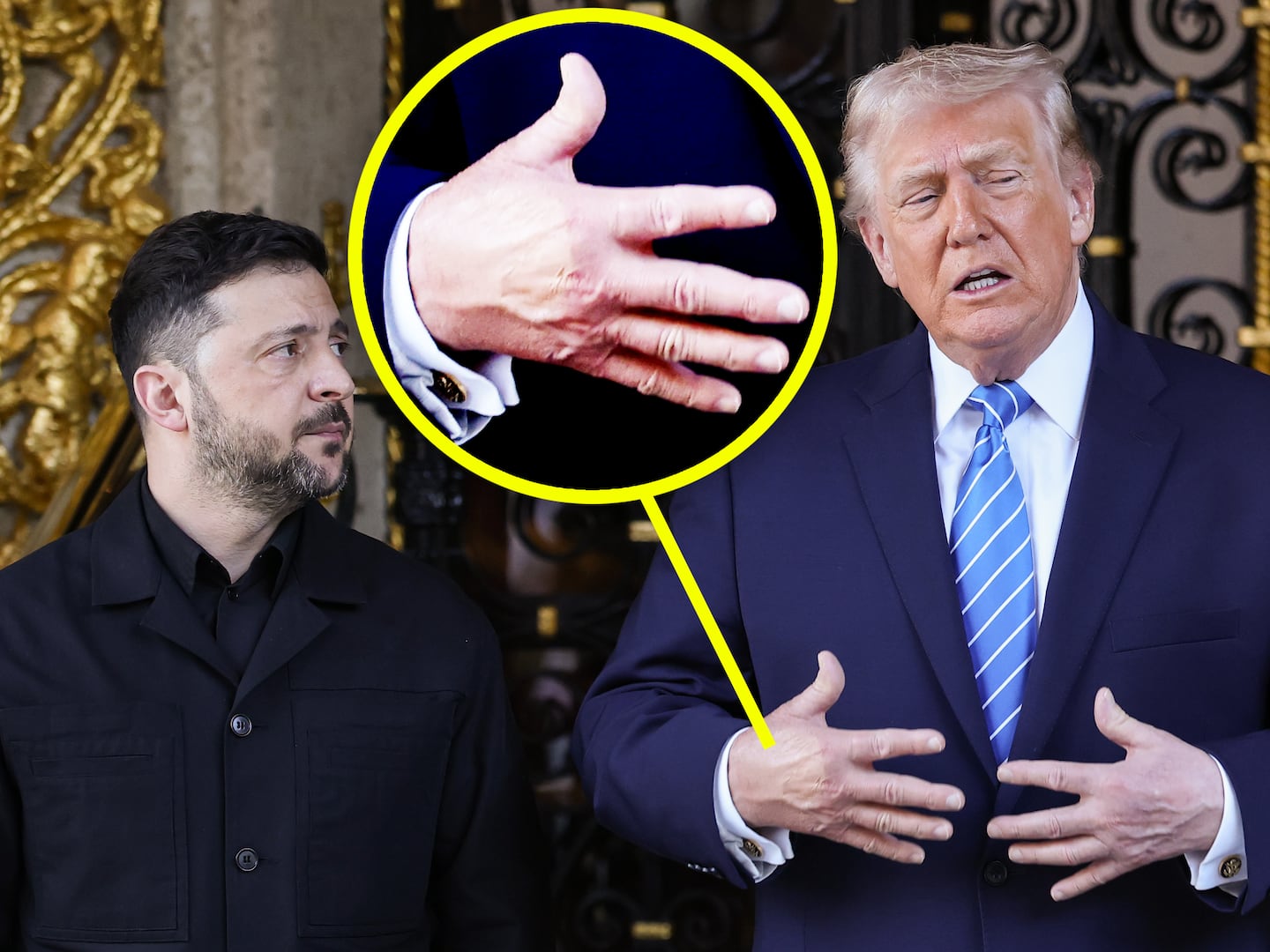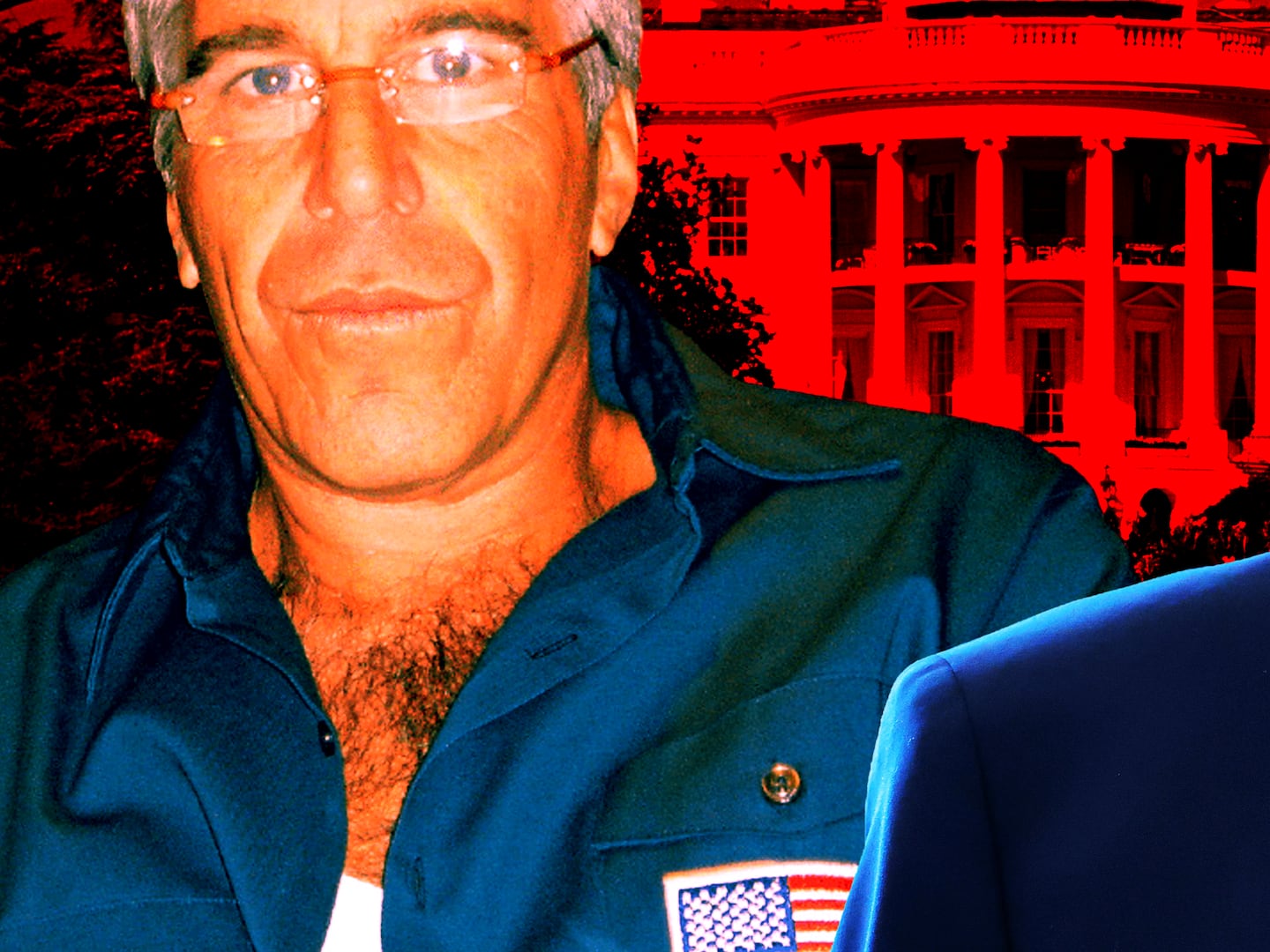Tribal cultures differed in their approaches to reintegrating warriors. One common practice was to purify combatants after the fact, cleansing them of any evil spirits that might have trailed them home from battle. Sometimes, this purification centered on storytelling. A tribe would gather to hear a warrior recount his exploits, going into graphic detail, the bloodier the better. But in other societies, to tell war stories risked conjuring the dead and was considered dangerously taboo. Better to let the past be past.
America muddles through, somewhere in the middle. Our culture is too large and varied to have a single way of “purifying” veterans, and so our method reverts, perhaps unacceptably, to the mean. We ask for neither the whole story nor for the past to be wholly ignored. Basically, we hear what we want to.
As a soldier returning from Iraq, I felt both welcomed by and estranged from my tribe. Acknowledgements of the war, and my time there as a soldier, I found everywhere—but how could a yellow ribbon bumper sticker make anyone mindful of what was taking place impossibly far away from these clean streets and shopping malls, these comfortably padded people?
Friends and family allowed me the time to decompress. They were curious about what had happened in Baghdad, but they did not ask too many questions. I guess they were rightly afraid of what they might have heard, of what the answering might have entailed for us all.
Jennifer Percy, author of Demon Camp: A Soldier’s Exorcism, does not suffer this fear. Or, at least she has overcome it enough to ask what “you’re not supposed to ask, about killing, and how many you killed, and death and destruction.”
Percy poses these questions to her book’s main subject, Caleb, a veteran of Afghanistan. Caleb lost a close friend in the same Special Forces fiasco that ruined dozens of lives and spawned the Lone Survivor franchise.
He is a haunted man. Haunted by his hard luck growing up, by failed relationships, guilt, the death of his friend on a mission he himself should have flown, and most urgently, haunted by a six-foot-five “destroyer” demon that manifests as a man with a buffalo head.
Demon Camp is the story of Caleb’s failed attempt to exorcise the destroyer that followed him home from Afghanistan, or, more likely, the one that was there all along—we learn that Caleb contemplated suicide early in his military career, before he deployed and saw combat.
The material is heavy and more than a little gonzo; at one point, Percy undergoes an exorcism at the hands of Caleb’s Pentecostal sect. The informal church, operating out of trailer homes and storefronts, refers to the process of casting out demons as “deliverance.” This word doesn’t have the same horror-movie ring as “exorcism,” but does evoke a pop-culture touchstone: James Dickey’s great novel of the same name, based in the same state (Georgia), and on the same fascination with violence and the rural poor.
Percy’s willingness to engage fully with Caleb and to undergo the rites of deliverance gives the book its vigor. But for all the immersive journalism on display, she remains an elusive character. At key moments she seems reluctant to come right out and tell the reader what she thinks about the prospect of destroyer demons, the legitimacy of exorcism as a treatment for PTSD, and the veracity of some of the more far-fetched war stories she is told.
Percy’s reticence is understandable, plotwise, because appearing too openly critical would spoil the suspense she creates with the possibility, however remote, that demons exist. Aware of this narrative potential, Percy fuels it by reporting on several uncanny coincidences, including repeated appearances of the number 146, which carries morbid significance to Caleb.
In the end, however, Percy aligns herself with secular readers. The demons may be real for Caleb, but for us they are a recognizable metaphor for trauma, not spirit but symbol. Percy expresses her own disbelief not by direct pronouncements but with ironic juxtapositions. In one instance, a woman who assists in Percy’s deliverance declares, “I am the son of Jesus.” Percy then tells us, “The son of Jesus has on a sparkly pink shirt.”
Ironies like this abound in Demon Camp. At their best they come off as brilliant, and at worst, overly simpering and voyeuristic. Percy positions herself as the skeptical character in the horror movie, the one who does not believe in the haunting, at first, but who seems bound by generic conventions to eventually meet the boogeyman face-to-face.
This tension, between her outsider’s incredulity and the mounting (if ultimately dismissed) evidence of spookiness, lends the book much of its considerable narrative momentum. Demon Camp is thrilling in this way.
But for me, an atheist formerly in a foxhole, all the talk of possession—and there is an awful lot of reported conversation about demons—the hoodoo, the revelatory dreams, ultimately fade in importance and feel a little forgettable and maybe even cheap, when I consider what this book is really about. The war. The indisputably real war. I wonder what is lost by using the hint of the supernatural to conjure up a darkness that can best be seen by looking collectively in a very wide mirror.
Percy is at her most compelling when she steps back from the madcap scenes around her and considers the cultural ramifications of what she has witnessed. She writes, “If Caleb sustains one kind of hallucination, then America maintains another—the hallucination of a sterile war. If we consider the psychiatrist Jonathan Shay’s understanding of PTSD, that it is among other things, the persistence of wartime behaviors into peacetime, I can’t help but wonder if the United States as a nation is suffering from a form of cultural PTSD.”
Percy is on to something essential here: understanding PTSD is one key to understanding our present cultural moment. The disorder has become something greater than itself, than its literal meaning, a conglomeration of symptoms rooted in trauma. Partly scientific, moral, political, spiritual—PTSD has graduated from a diagnosis into an idiom used by soldiers and civilians to talk about all kinds of suffering, loss, grief, guilt, rage, and unrewarded sacrifice.
As Caleb says, the Greeks and Romans gave their returning soldiers land and a share of the spoil, while “America gives you painkillers.”
For his own part Caleb does not exactly deny modern medicine but he does insist that it can’t cure a spiritual sickness; for him, psychiatry is psychiatry, and demons, demons. Caleb makes clear that those plaguing him are honest-to-god metaphysical beings and not traumatic figments. Like another weary old vet, this fundamental mistake leads him to charge at windmills, confounding a long shadow for signs of immortality. His is a grim tale, and by the end he descends deeper into isolation, growing disaffected even with members of his own Pentecostal sect.
Percy, on the other hand, manages to return and salvage some vital truths of warfare, spiritual and otherwise. Meditating on a video clip that shows American soldiers urinating on the corpses of Taliban fighters, she arrives at an unlikely awareness of our shared humanity. In this revolting act she sees herself, and all of us. “The media,” she writes, “keeps asking how this atrocity could happen. I no longer find myself asking that question. I’ve come to understand how easily, how intrusively, a heightened situation can make us, any of us, slip. The unknown can come for us. And when it does, it’s devastating.”





